To survive, theatre artists must be really good at what they do, though sometimes they’re not-so-good at speaking about what they do. These directors are superb at both.
“Truth in theatre is always on the move. As you read this book [The Empty Space] it is already moving out of date. It is for me an exercise, now frozen on the page. But unlike a book, the theatre has one special characteristic. It is always possible to start again. In life this is myth, we ourselves can never go back on anything. New leaves never turn, clocks never go back, we can never have a second chance. In the theatre, the slate is wiped clean all the time.”
“I love it when people say ‘What a horrible, lousy idea.’ I think that’s great… I hate the comfort zone. I don’t think that anything that’s really creative can be done without danger and risk.”
“I never think about putting my stamp on anything… If someone watches a play and they don’t see the hand of the director in it, if it’s seamless and seems effortless, then I will have achieved what I’m after.”
“Bob Fosse told me if you open a musical script and there’s more than a page or a page-and-a-half of text, you better tear off the paper there and stick in a number, because that’s as long as people want to wait before you show them something.”
“The simple idea is that the theater is a medium… We need new theatrical forms, we need new ways of expressing our ideas. We still have so much work to do in trying to freely figure out how theater speaks, so, to me, this play [33 Variations] is an exercise in that. It’s a play with music, it’s a play with dancing, it’s a play with singing, it’s a play with video… It really tries to redefine how the theatrical space is used.”
“I think in our culture there’s been a tendency for people to blame the audience. There is a tendency in our industry to say, ‘The audience has left the building. People don’t want culture anymore. We’re a depraved civilization. All this technology, all the computer games and the iPhones… nobody will sit for art anymore. What a dismaying state of humanity.’ I feel as a theater creator, and now as a producer, that this is the wrong way to think about it. We must ask: What are we doing? How are we responsible? How can we create experiences that will bring audiences back?”
“The only difference between a play and a musical is that there are more parts to a musical, more things for a director to concern himself or herself with. There is no mystique in directing a musical. The essential task is the same: telling a story that will transport an audience to a place that is hopefully, religious.”
“I’ve always noticed how the men in orchestras struggle with tails … It’s a lot of clothing, and it’s quite constricting, and it can get hot. And for the women, it’s hard for them to know what to wear. I was thinking, ‘Where are we headed with an orchestra in the 21st century?’ I don’t want to change the music, but the trappings? We’re wearing the same clothes we were wearing 200 years ago. It might be time for an update.”
“For me, the challenge is to make the stage a forum that allows universal themes to shine and refract through the humanity of my cultural lenses. That, I believe, does more than several hundred pieces of race-relations legislation. It makes us all part of the human family. Equally. That’s political!”
“On the director’s role: You are the obstetrician. You are not the parent of this child we call the play. You are present at its birth for clinical reasons, like a doctor or midwife. Your job most of the time is simply to do no harm. When something does go wrong, however, your awareness that something is awry – and your clinical intervention to correct it – can determine whether the child will thrive or suffer, live or die.”
Photo Credits: Alsop: Grant Leighton; Brook: Colm Hogan; Daniele: Joseph Marzullo/Retna; Hauser: Oxford Playhouse; Kaufman: James Edstrom; Kwei-Armah: Matt Roth/The New York Times; Leon: PR-Web; Paulus: Susan Lapides; Taymor: papptimi/Fidelio; Zaks: Cartazes e Fotografias
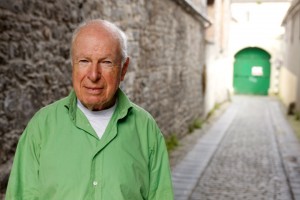
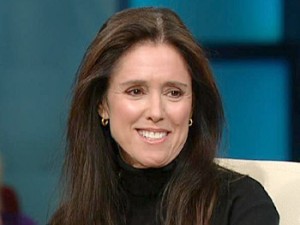
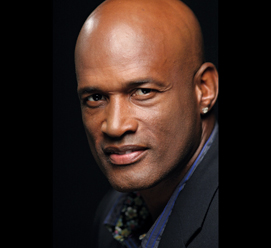
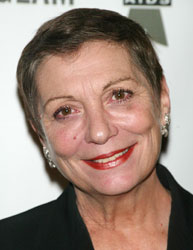
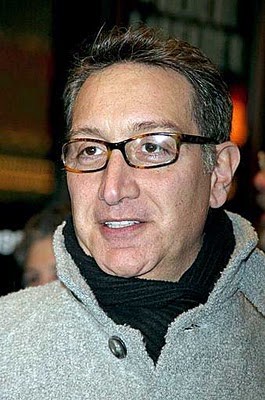

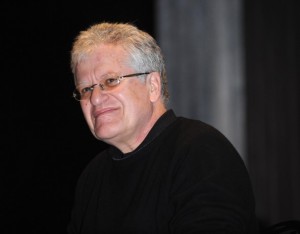

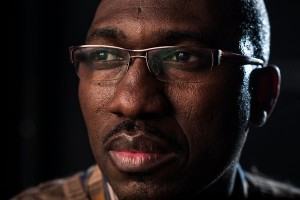
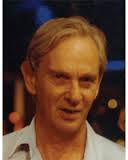
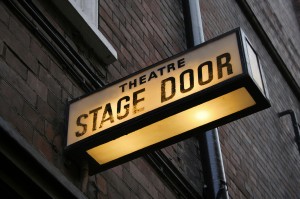
Recent Blog Comments